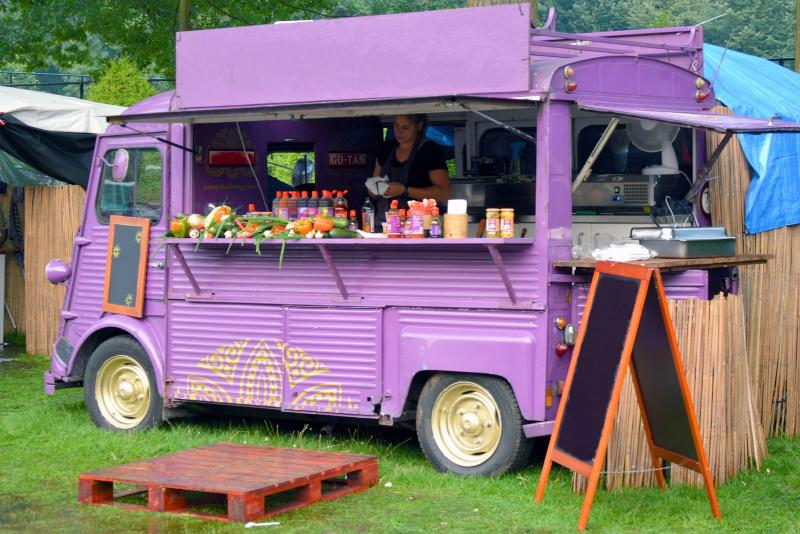Introduction

Photo by (Joenomias) Menno de Jongon Pixabay
Your own business - that's your dream? Innovative cuisine and trendy design - that's your world? But serving the same dishes seven days a week in a restaurant? Working hard in the summer when others are on holiday? If you answered YES to the first two questions and NO to the last two, then a gastronomic pop-up concept could be the right solution for you to start your own business.
Task

Photo by cottonbro on Pexels
With a pop-up concept in gastronomy, a first entry into gastronomy can succeed, which is at the same time associated with a manageable risk. The possibilities are many: without any financial or entrepreneurial risk, you can first try out your skills among your friends and acquaintances: Offer to deliver food to your friends for their birthday party. You can choose a theme for the food and decorations, e.g. "Caribbean", "The 80s", or you can adapt to the wishes and needs of your friends, e.g. "vegan", "child-friendly". If you enjoyed designing and preparing the dishes, then the next step is to take your skills to the public and offer dishes for sale.
But what are the options and what do you have to consider?
You have the task
- to think about what could be a first cost-effective pop-up concept for you
- to find suitable events in your region where this pop-up concept could be implemented
- to check legal requirements
- to start a business plan
Process
Stop dreaming - turn your idea into reality: A good concept and a clear plan are very helpful!
Under "Resources" you will find the document "Plan", which will serve as your guide in this section. Follow the instructions and get inspired to move forward with your own planning from the creative brainstorming to the business plan.
Conclusion
Running a restaurant with exquisite dishes, planning the catering for an exclusive party event or simply hosting nice people from a food truck may be a dream. Making it a reality requires physical labour, stressful workdays, creativity, expertise in the food and beverage industry, as well as entrepreneurial spirit, business know-how and a good sense of current market trends.
A good business plan is a great help and saves you from taking too many financial risks. In addition, stay open to advisory offers from public agencies, successfully market your activities and keep your openness to new things.
Learning Outcomes
- 1.1) I can explain what makes an opportunity to create value.
- 1.5 I can experiment with my skills and competences in situations that are new to me.
- 1.8) I can identify the basic functions that a prototype should have to illustrate the value of my idea.
- 1.10) I can develop (alone or with others) an inspiring vision for the future that involves others.
- 1.11) I can explain what a vision is and what purpose it serves.
- 2.2) I can judge my strengths and weaknesses and those of others in relation to opportunities for creating value.
- 2.4) I can describe my skills and competences relating to career options, including self-employment.
- 3.4) I can describe my goals for the future in line with my strengths, ambitions, interests and achievements.
- 3.5) I can create an action plan which identifies the necessary steps to achieve my goals.
- 3.6) I can develop a business model for my idea.











